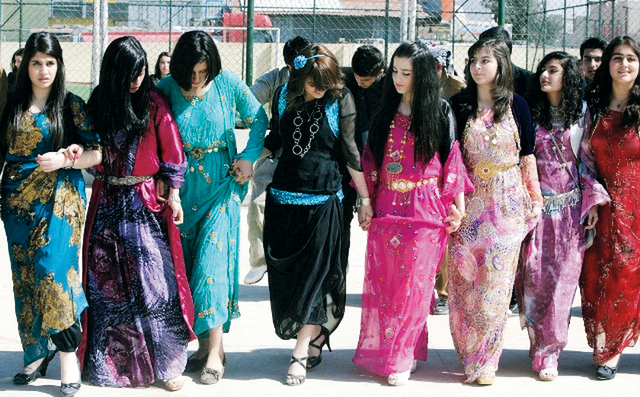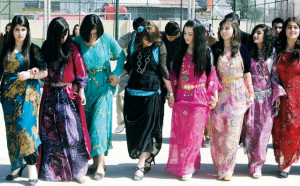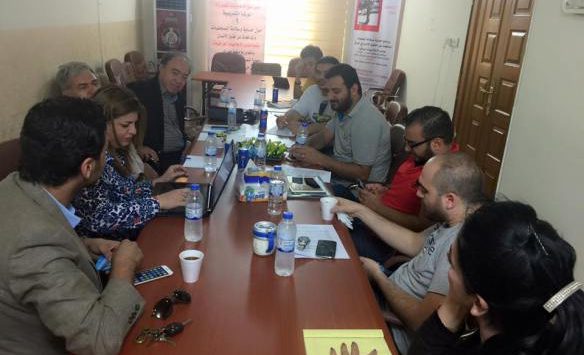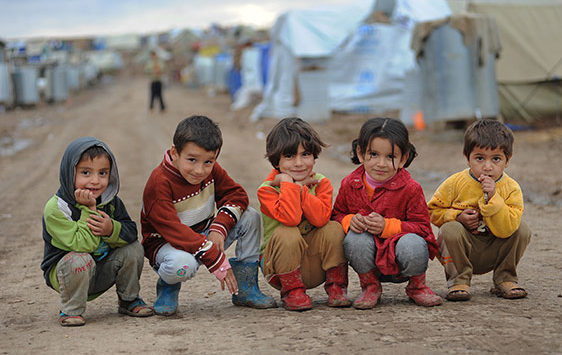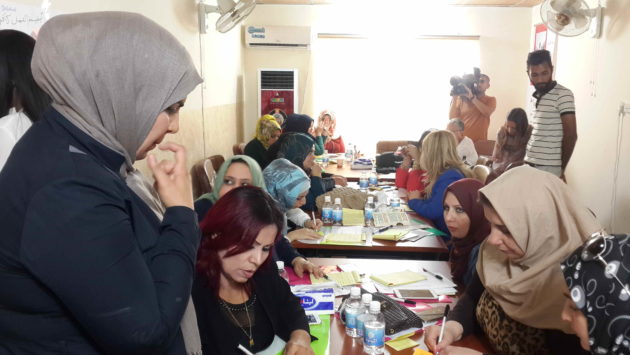Why are so many Kurdish women setting themselves on fire?
by M.G and J.H.Y. | SULAYMANIYAH
ON MARCH 8th, while the world celebrated International Women’s Day to recognise progress in women’s rights, two women in Iraqi Kurdistan set themselves on fire. Self-immolation as a dramatic and deadly form of protest by women is known across the Middle East, from Egypt to Pakistan. But it has become alarmingly common in the Kurdish region of northern Iraq. By some estimates self-burning has claimed the lives of as many as 10,000 women, including girls as young as 13, since the region gained autonomy in 1991.
“I can say it has happened in every family,” says Falah Muradkan-Shaker of the Kurdish NGO WADI, which tries to tackle violence against women in all its forms. The phenomenon can only be understood in the wider context of women’s rights in Kurdistan, he says. Survivors of self-burning often explain that they felt trapped in traditional, arranged marriages, which in some cases means they were betrothed at birth to cousins or tribal kinsmen. A majority have also faced some form of domestic violence whether by fathers, husbands, or in-laws.
Honour killings by male family members are still common in Kurdistan, despite laws aimed to protect women. Mr Muradkan-Shaker says this leads many Kurdish women to view their families not as protectors but as “people who might attack you at any minute.” Unable to leave abusive marriages for fear of being killed by their partners or families, and without government support for vulnerable women, victims turn to suicide. “She feels she is dead,” Mr Muradkan-Shaker explains. “So she says, ‘I’m already dead; let’s make the process faster.’”
Nearly all of female suicides in Kurdistan happen in the home, where both ease of access to flammable liquids, such as kerosene, and the notoriety of the method as a public declaration of suffering have led to self-burning accounting for more than half of all suicide attempts among Kurdish women.
Lana Chalak, one of only two local lawyers working with women who have attempted self-immolation, says that many who have tried but failed to kill themselves will try again within four or five days. Ms Chalak works with the women during this critical window in an effort to talk them out of a second attempt. “When I talk to women I try to be as simple as possible. I don’t tell them I’m a lawyer, I don’t wear a suit. I talk to them, touch their hands, tell them they’re completely in their right and that I’ll be there whenever they need me,” she says. Explaining that there are other ways out is crucial.
While Kurdistan does have laws against honour killings and domestic violence, the framework for care and provision of assistance to affected women is minimal. Mr Muradkan-Shaker says the region’s two lone women’s shelters are not enough, and the lack of proper training for government services, including the police force, means that women are rarely directed to these safe spaces. Until there is more public discussion of women’s rights, more awareness as to the assistance women can receive and more government prosecution of honour crimes and domestic violence cases, it is likely that the stubbornly high rate of self-immolation in Kurdistan will remain.

